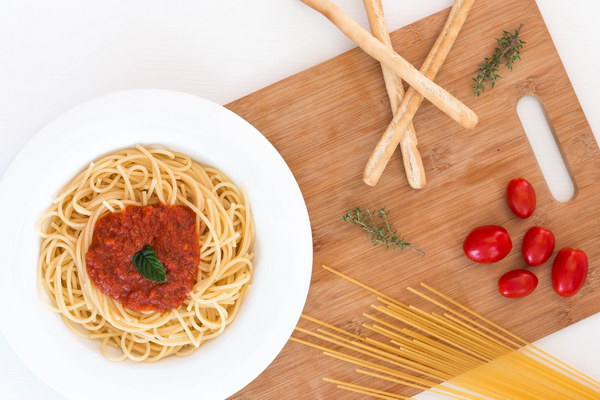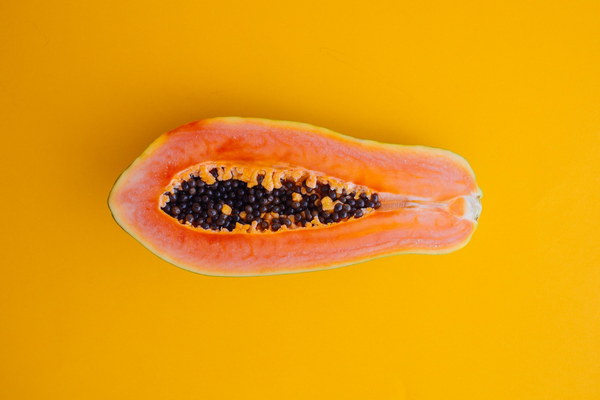The Cooling Power of Gypsum A Traditional Chinese Herb for Lung and Stomach Heat
In traditional Chinese medicine (TCM), Gypsum (Gypsum fibrosum) is a highly regarded herb known for its cooling properties. This mineral-rich herb has been used for centuries to address various health issues, particularly those related to heat in the lung and stomach. The concept of clearing heat in TCM is crucial for maintaining balance within the body. In this article, we will explore the properties of Gypsum and its role in clearing heat from the lung and stomach.
Gypsum is a natural mineral that has been used in TCM for over 2,000 years. It is derived from the sedimentary rock gypsum, which is composed primarily of calcium sulfate dihydrate. The herb is known for its cooling nature, making it an effective treatment for heat-related conditions. Gypsum is believed to have the following properties:
1. Cooling: Gypsum's primary function is to cool the body. It is used to address heat conditions in the lung and stomach, which can lead to symptoms such as fever, sore throat, and excessive thirst.
2. Moistening: Gypsum has a moistening effect, which helps to alleviate dryness in the lung and throat. This property makes it particularly beneficial for treating respiratory conditions, such as coughs and throat irritations.
3. Calming: Gypsum can help to calm the mind and reduce irritability, which is often associated with heat in the body.
4. Detoxifying: Gypsum has a detoxifying effect, helping to eliminate heat and toxins from the body.
The cooling properties of Gypsum make it an ideal herb for treating lung and stomach heat. Here's how it works:
1. Lung Heat: When the lung is affected by heat, symptoms such as fever, sore throat, and cough with thick, yellow phlegm may occur. Gypsum's cooling and moistening properties help to reduce heat in the lung, alleviate symptoms, and promote healing.
2. Stomach Heat: Stomach heat can lead to symptoms such as excessive thirst, constipation, and discomfort in the stomach. Gypsum's cooling nature helps to alleviate heat in the stomach, reducing thirst and improving digestion.
To utilize Gypsum in TCM, it is often combined with other herbs to create a customized formula that addresses the individual's specific needs. Some common herbs used in conjunction with Gypsum include:
1. Scute (Scutellaria baicalensis): This herb is known for its cooling and detoxifying properties, making it a great partner for Gypsum in treating heat-related conditions.
2. Platycodon (Platycodon grandiflorus): Platycodon has a cooling effect on the lung and is often used in combination with Gypsum to alleviate respiratory symptoms.

3. Licorice (Glycyrrhiza uralensis): Licorice is a sweet herb that helps to harmonize the formula and reduce the potential side effects of other cooling herbs.
While Gypsum is a safe and effective herb when used appropriately, it is essential to consult a qualified TCM practitioner before starting any herbal treatment. This is particularly important for individuals with pre-existing health conditions or those taking other medications.
In conclusion, Gypsum is a valuable herb in traditional Chinese medicine, known for its cooling and moistening properties. Its ability to clear heat from the lung and stomach makes it an effective treatment for various heat-related conditions. By combining Gypsum with other herbs, TCM practitioners can create customized formulas that promote balance and well-being.









